Gardening not only serves the purpose of growing fresh food to nourish your body, but is also known to have a variety of healing effects on the mind and body. It is being increasingly accepted as a holistic approach to aid in addiction treatment and boost mental health.
Gardening can help lower stress, increase self-esteem, and decrease anxiety while enhancing overall mental and physical health. For those in recovery from addiction, learning healthy ways to cope with negative emotions and effectively treat mental health is essential to maintaining sobriety. Here are five ways that gardening can benefit someone in recovery.
1. Gardening Improves Mental Health.
Nearly half of the individuals who suffer from addiction have a co-occurring mental health disorder and many who are in recovery struggle with their mental health on a daily basis, making it imperative to treat and cope with symptoms of mental health in sobriety. Gardening is a healthy activity to cope with anxiety and depression, as immersion in nature is beneficial to your mental health. Spending time in a garden can reduce the amounts of cortisol in the brain, a chemical that is directly related to stress and depression, to help you relieve stress and feel happier. There are also are many specific plants you can grow to promote mental health!
2. Gardening Encourages a Healthy Diet.
Regardless of what type of substance you were addicted to, you probably neglected your nutrition and physical wellbeing. However, when your garden begins to flourish you will be able to start to reap the benefits of growing your own fresh produce. Grocery stores get their produce from harvesters who typically harvest the fruits and vegetables before they are fully ripe, but by harvesting your own produce, it will be packed with bountiful nutrients that will be fuel for your body and promote a healthy diet. Eating a nutritious diet in recovery can boost your mood, heal the damage done to your body, give you more energy, and boost your self-esteem.
3. You’ll Get Your Daily Dose of Vitamin D.
Addiction can take a serious toll on the body, causing a weakened immune system and nutrient deficiencies. However, gardening will give you an opportunity to spend some time outdoors absorbing the sunlight and breathing in the fresh air. Sunlight increases levels of Vitamin D in the body and helps with calcium absorption, which is responsible for strengthening the immune system and promoting bone health. In addition, spending time outdoors can help enhance your mood and decrease depression, making it a great way to heal the body and soul in recovery. You might be surprised what a little vitamin D can do!
4. Gardening Teaches Patience and Encourages Compassion.
Growing plants doesn’t reap immediate results, and neither does sobriety. When you first get sober, it’s going to take time for things in your life to come back to you. It’s going to take time to heal mentally. This requires both patience and compassion – as it is common for people in early recovery to be too hard on themselves. Fortunately, gardening helps teach patience and encourage compassion. As your garden begins to grow, you will begin to see how your hard work and patience have paid off. In addition, while caring for these plants and watching them grow, you are bound to feel a sense of connection with them. In turn, these feelings of compassion will spread to other aspects of your life, such as your relationships, your loved ones, and your own recovery.
5. Gardening Helps With Loneliness and Boredom.

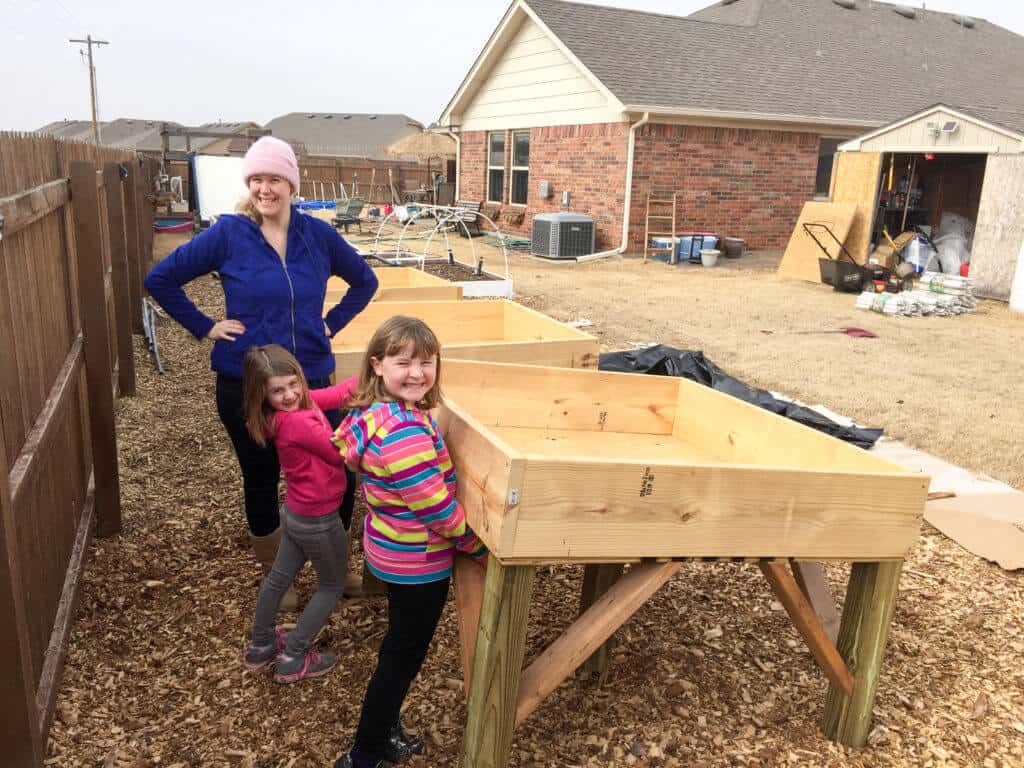
Both loneliness and boredom are not feelings that you want to experience in sobriety. Loneliness can lead to depression and feelings of a lack of purpose. Boredom, on the other hand, can cause your anxiety to run rampant. In order to combat loneliness and boredom in recovery, it is important to take up a hobby. Gardening is a great hobby to utilize to focus your energy on something productive that will benefit your physical and mental health. In addition, while gardening can be practiced alone, it can be an opportunity to connect with friends and family who have a similar interest in gardening. Invite them to help you harvest, clean, and eat your fresh produce! This gives you an opportunity to foster healthy relationships and gain a sense of purpose.
Cassidy Webb is an avid writer who works with JourneyPure to spread awareness around the disease of addiction. Her passion in life is to help others by sharing her experience, strength, and hope.

Carrie Spoonemore, co-founder of “From Seed to Spoon,” stands as a beacon of inspiration for gardeners and health enthusiasts alike. Her journey alongside her husband, Dale Spoonemore, in creating a platform that demystifies gardening and promotes a healthier lifestyle, has made a significant impact on individuals around the globe. Through the “From Seed to Spoon” app, Carrie has dedicated herself to empowering people to take control of their health and environment by growing their own food.
With a profound belief in the power of gardening to improve mental and physical health, Carrie’s contributions to the Seed to Spoon blog reflect her holistic approach to wellness. Her articles often focus on the nutritional benefits of homegrown fruits and vegetables, organic gardening practices, and the mental health benefits of spending time in nature. Carrie’s expertise in health science shines through in her detailed discussions on how specific plants can contribute to a balanced diet and overall well-being.
Carrie’s passion for gardening is deeply intertwined with her commitment to family and community wellness. She frequently shares personal stories of how gardening has brought her family closer together, offering practical tips for involving children in gardening activities and making it a fun, educational experience. Her writing encourages families to explore gardening as a means of spending quality time together while learning about nature and sustainability.
In addition to gardening advice, Carrie’s contributions to the blog include insights into the use of technology to enhance the gardening experience. She has played a crucial role in designing the “From Seed to Spoon” app to be user-friendly, ensuring that users of all ages and backgrounds can navigate the complexities of gardening with ease. Her vision for the app is not just as a gardening tool but as a vehicle for change, inspiring individuals to adopt a more sustainable lifestyle by growing their own food.
Carrie Spoonemore’s presence on the blog is marked by her compassionate approach to teaching and her unwavering belief in the transformative power of gardening. Her work continues to inspire a community of gardeners to pursue a healthier, more sustainable way of living, proving that with the right tools and knowledge, anyone can become a gardener and advocate for their health and the planet.
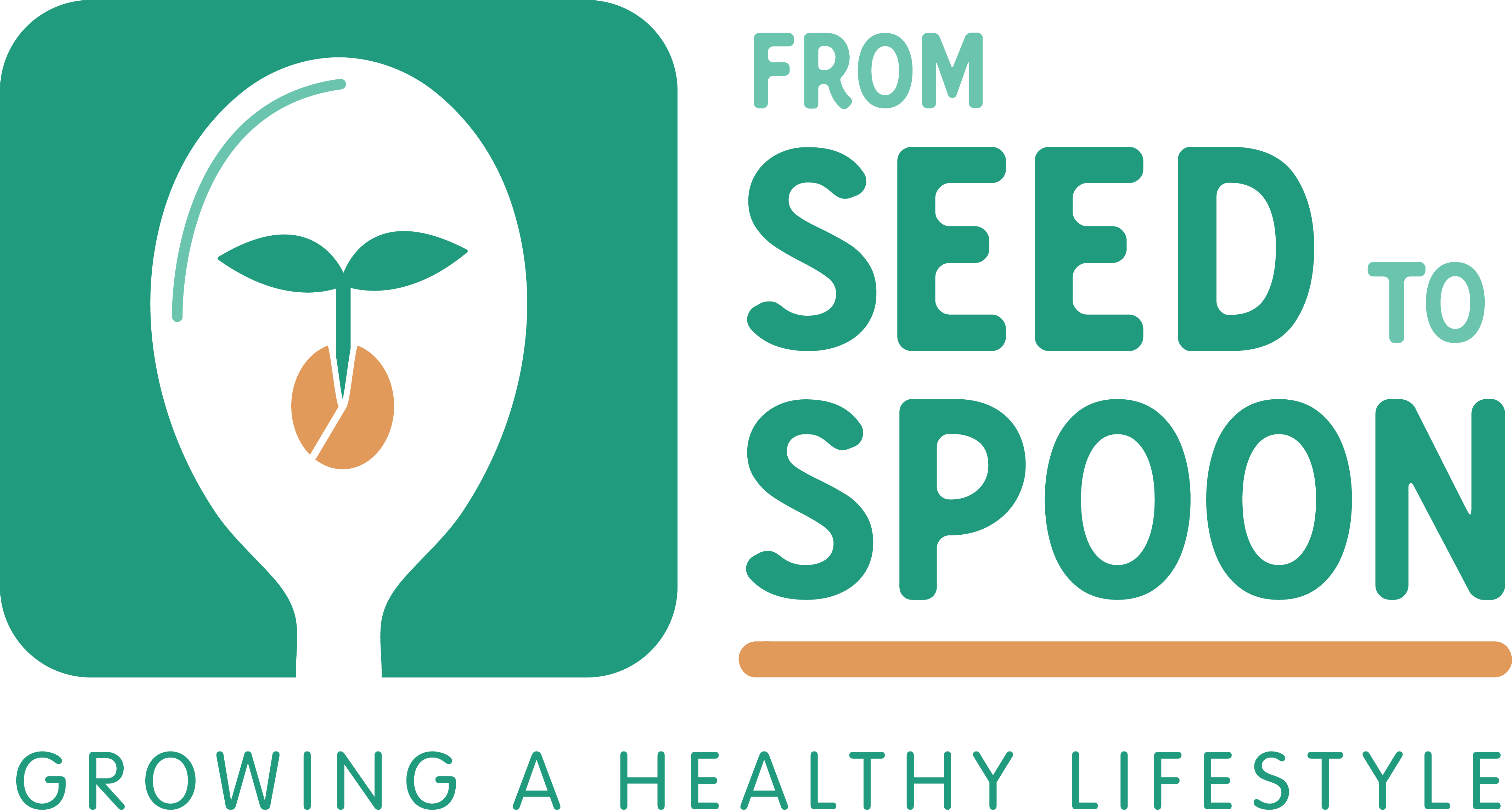
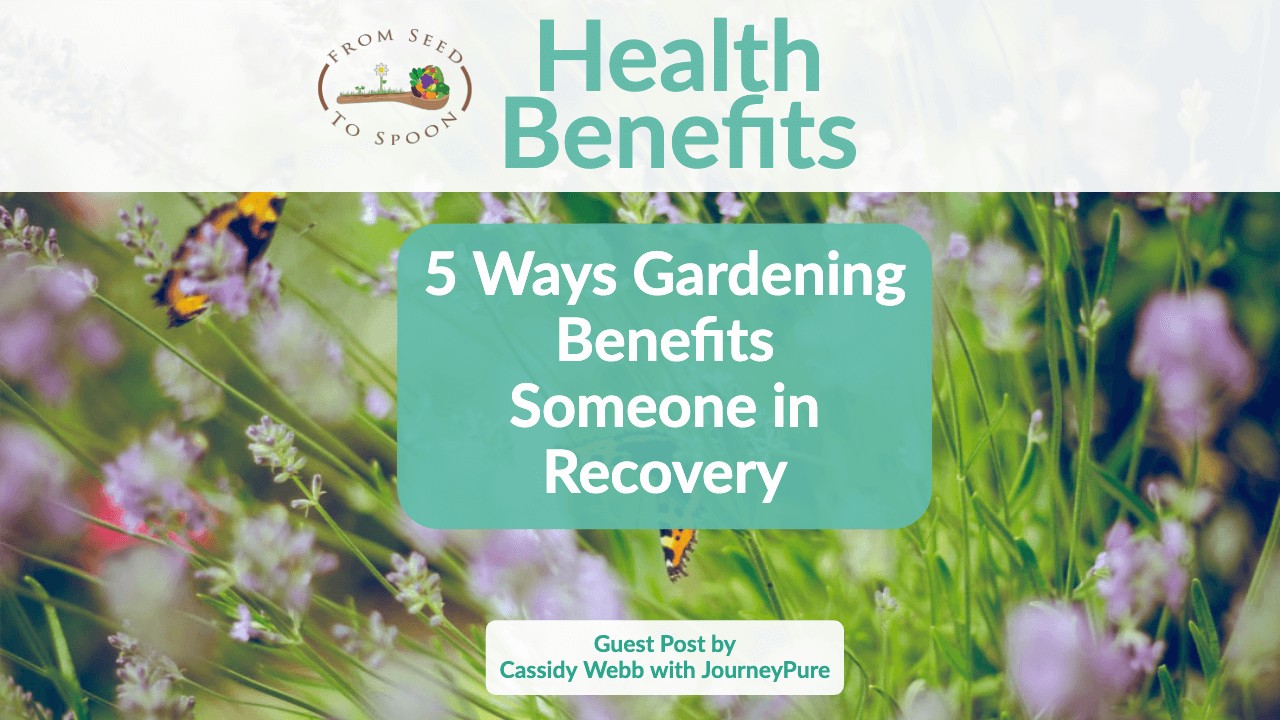
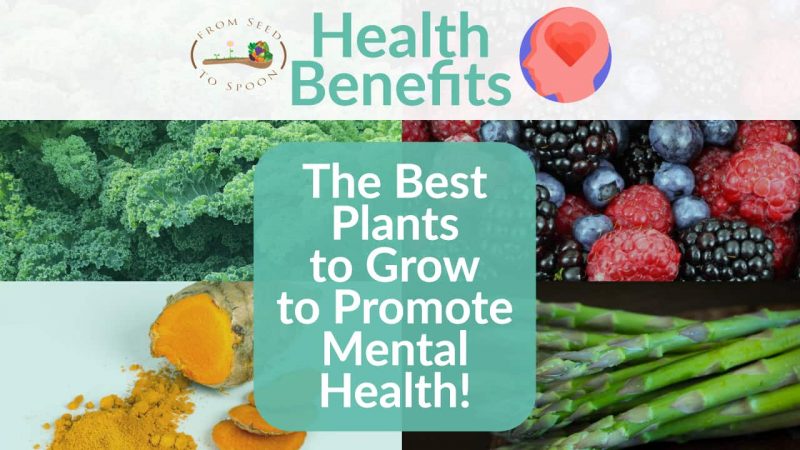
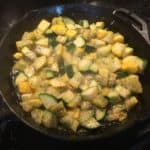


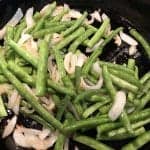

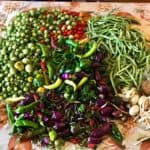
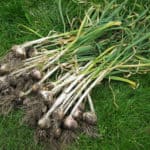
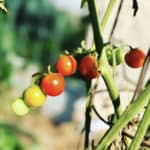



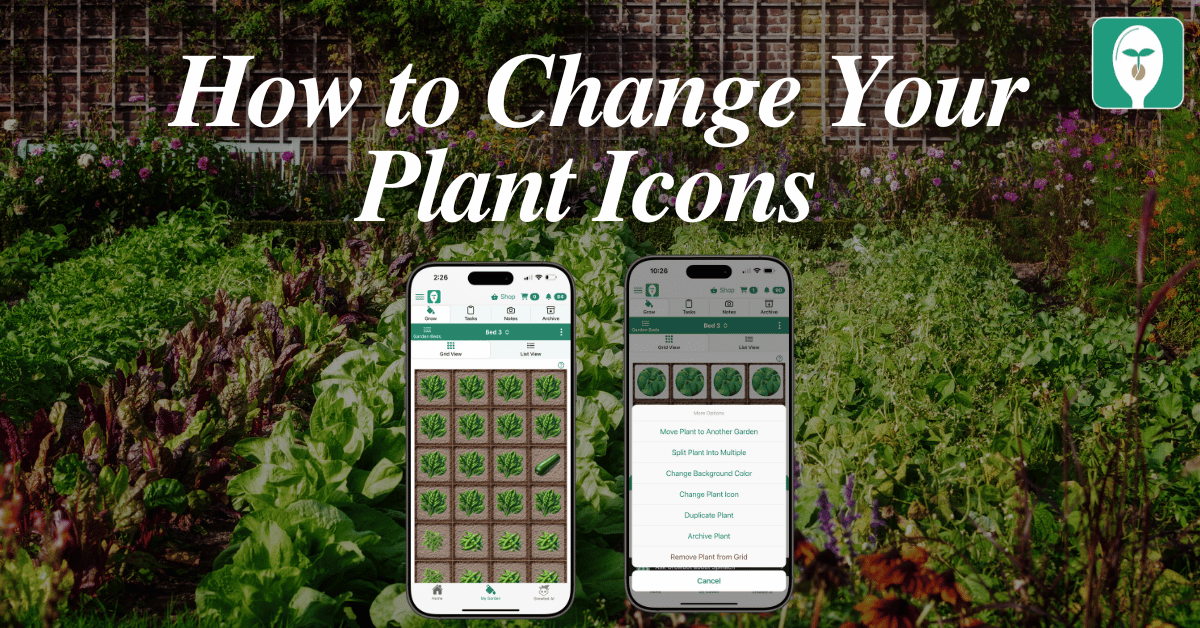
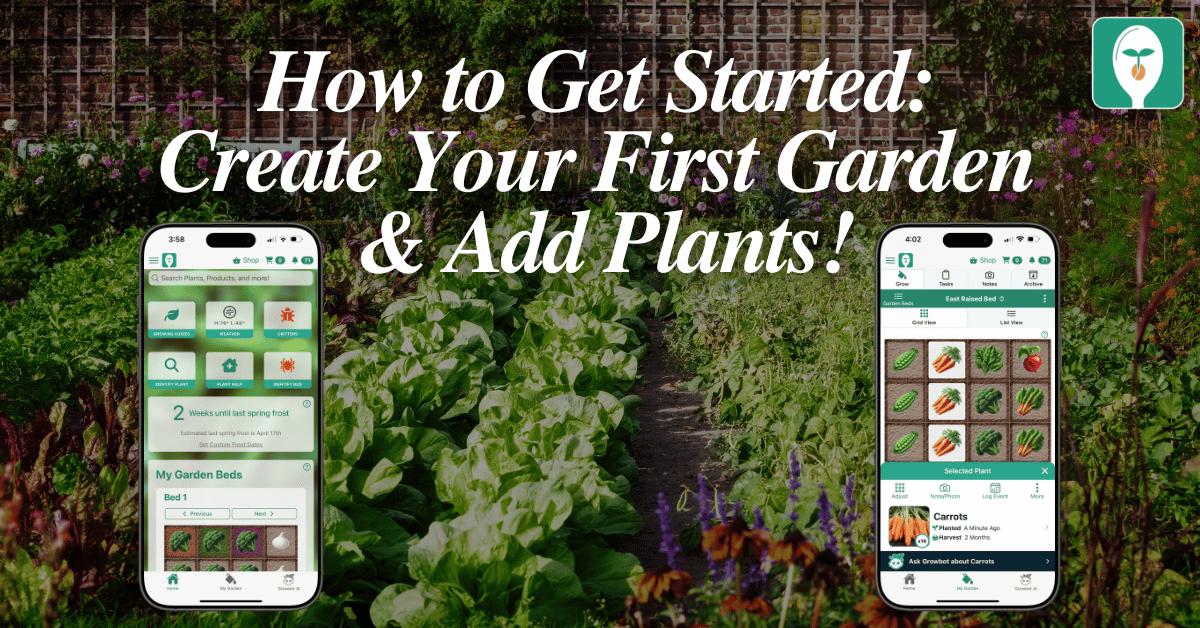

One thought on “5 Ways Gardening Benefits Someone in Recovery”
My wish is to establish a indoor garden but i don’t have enough space.